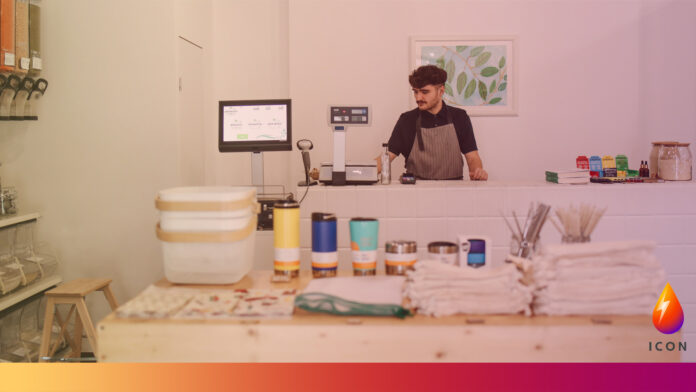Progress towards a sustainable world risks being held back as UK businesses grapple with increasing costs and a lack of clarity around a credible path to net zero, despite a tripling of awareness of the importance of reducing emissions and the potential commercial opportunity amongst small and medium-sized enterprises (SMEs), according to research published by the UK National Standards Body BSI in their third annual Net Zero Barometer.
The research, drawn from interviews, a survey of 1,000 senior decision makers at UK SMEs and another of 1,000 UK consumers, found that awareness of the importance of achieving net zero targets has almost tripled to 82% in two years, highlighting the opportunity for organisations to partner across their supply chains to accelerate progress.
Scott Steedman, Director-General, Standards at BSI commented: “This year’s barometer gives me cause for optimism.
“With 82% of business leaders telling us that sustainability and achieving net zero is important to their business practice, we are seeing a growing commitment to decarbonising by 2050, along with confidence that it is meaningful to turn long-term ambition into immediate action.
“At a time where the attention of many SME leaders is being diverted by economic pressures, they want help to navigate a path that is both credible and realistic.
“SMEs want to understand both where they are on this journey, and what that transition means for them and their stakeholders.
“They can benefit from having a clear roadmap to how they’re going to achieve net zero, not only in their own operations, but also in their supply chains.
“Our research shows that with the right guidance – including the use of standards – SMEs are more than able to rise to this moment.
“Small businesses contribute more than £2 trillion in turnover to the UK economy. The collective impact they can have if they pull together and collaborate to meet net zero goals and ultimately accelerate progress to a sustainable world is significant.”
The report recommends that SMEs:
- Shift their culture to approach decarbonising as a commercial opportunity drawing on guidance like the ISO Net Zero Guidelines and standards for meaningful measurement and setting an action-led strategy.
- Plot a course and chart the journey – Only 20% of SMEs are currently measuring progress in a standardised way, but setting and sharing interim milestones can help build consumer trust and credibility.
- Collaborate with other organizations to build a sustainable supply chain, given that for a third of SME leaders this is their biggest barrier.
- Become a trusted supply chain partner, as net zero increasingly becomes central to winning many more contracts.
While many SMEs have already delivered on ‘quick wins’, such as reducing waste (44%) or switching to LED bulbs (38%), the research finds there is more to be done on strategic thinking.
52% of those questioned had a net zero policy, while 17% – some 929,900 organisations – have still to take key actions on becoming more sustainable, meaning they may risk falling short of realising their ambitions without further action.
The 2023 Net Zero Barometer also found that:
- Only 47% of SME respondents were either confident they know how to reach net zero.
- The number of SME leaders claiming full awareness of the meaning of net zero and true understanding of The Climate Change Act has doubled in two years, from 21% to 43%.
- Those who had purchased standards to help them reach net zero were more likely to be confident of how to achieve that as a business – 36% were extremely confident.
- A significant percentage reported experiencing pressure from customers (29%), employees (25%), clients (20%) and investors (17%) to actively show their commitment to achieve net zero.
The BSI Net Zero Barometer Report 2023 is available on the BSI website.
